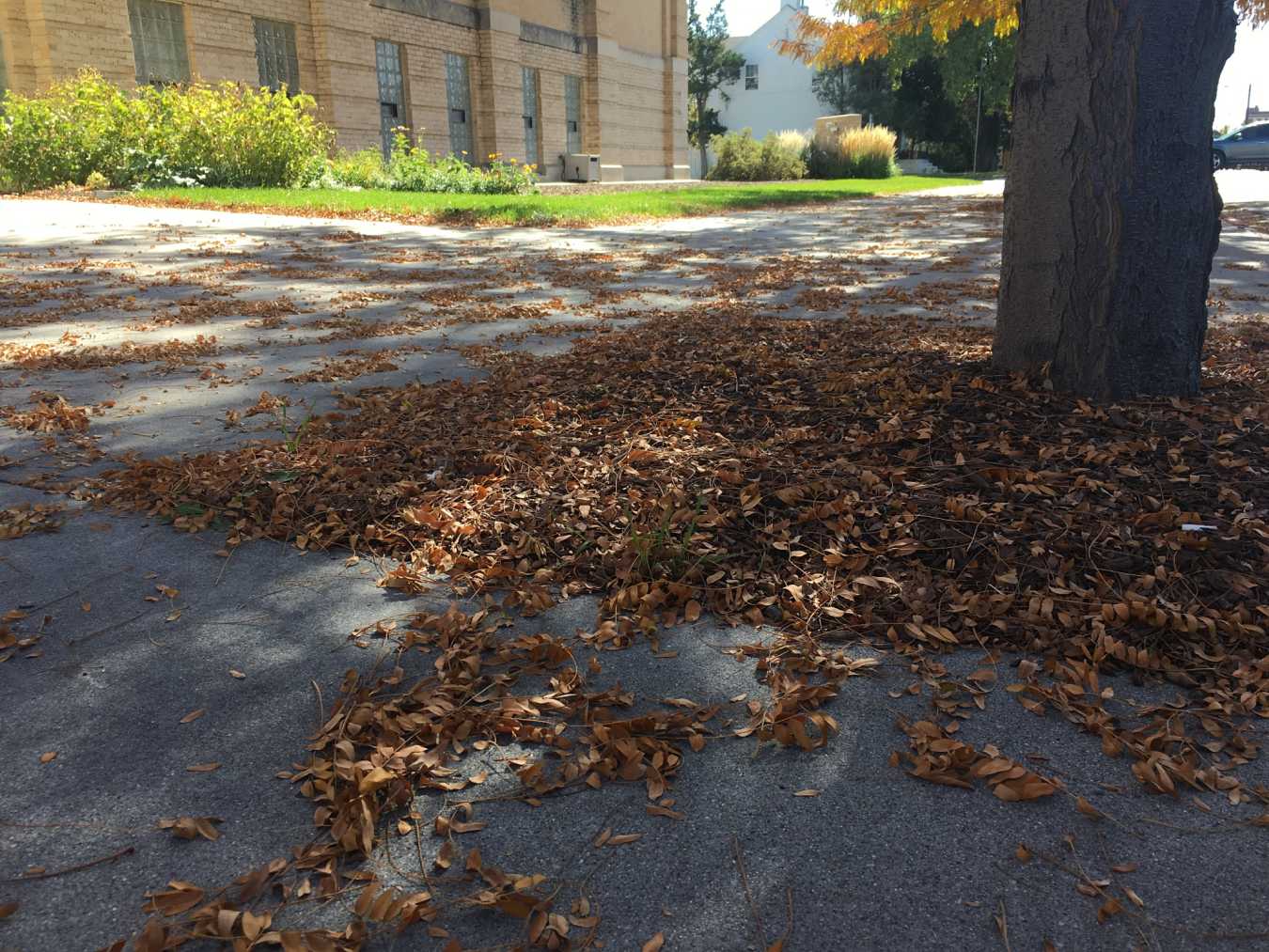I know better than to start my day with social media, and yet so many mornings I do. I log on because I know that while I was asleep, the world may have changed – or at the very least, the world may have stayed the same chaotic, frenetic world I’ve come to expect as a new kind of normal.
Invariably, I log on and I find division over some topic. I encounter controversy and word wars. If Twitter is to be believed, the world is melting down rapidly while we’re all helpless to do anything except tweet about the chaos.
But, what I discover most is that the division and divisiveness is far deeper and more rooted than I ever expected.
It surprises me every single time, even though it shouldn’t anymore.
“How did we get like this? How have we become so divided from each other?” I seem to ask myself at least once a day. And I brainstorm, and I pray, and I plead for ways the world might be changed for the better. I am always on the lookout for ways we can mend the divisions, even though it logically seems impossible to accomplish.
If the struggle was that we disagree on things, I think we could easily find a way through that. The problem is much deeper and more sinister, I fear. Even still, I have hope that the problem we face isn’t insurmountable. It might feel like climbing Mt. Everest, but I still believe we can do it.
The struggle that we face is not mere disagreement; what we face is the reality that we try to break people of who they really are. We tell them, “You can’t do _____ because you’re a girl” or “boys aren’t allowed to wear that” or “_____ is not how boys ought to spend their time” or “girls cannot express their emotions in ______way.”
We have created so many arbitrary rules and expectations for people in an effort to create uniform people who function in uniform ways. But, rather than accomplish uniformity, what we’ve done is break people. We’ve tried to force them into a one-size-fits-all box that truly fits no one and isn’t doing anyone any favors.
Our divisions are not mere disagreement, they are rooted in the brokenness we’ve created in people who are afraid to be their true selves. We’ve told them they cannot be who they are and be accepted. We’ve caused people to stuff things down, repress their gifts, talents, calling, and inclinations, and then we wonder why they are suffering so.
If we are to address the division in the United States – and elsewhere – we must first address the way we’ve caused each person to be divided within. If we are going to address to schisms and factions and tribalism, we must first start with our stereotypes and expectations.
We cannot have wholeness in this world, we cannot find healing, until we start healing the division within. We cannot find wholeness until we start creating a world where kids are encouraged to be whole people who grow up into whole adults who know who they are.
Unity is important to me, and sometimes I take flak for that. Unity can seem like a fluffy, warm-fuzzy kind of concept that goes well with singing Kum Ba Yah around the campfire. But, when I speak of unity, I’m not talking about an artificial reconciling of irreconcilable people. I’m talking about wholeness that transforms us from being fractured people in a fractured world to something healthy, whole, and vibrant.
If we’re going to live in wholeness, we first need to be whole people. And, that starts with me. It starts with you. It starts with digging deep and finding all those jewels and gifts we’ve hidden so that we’d be accepted. It starts with living in freedom and truth. It starts with creating environments where all people can thrive, not just those who are able to fit in our little boxes.
It starts with loving people for the people they are, not for the conveniently pre-packaged things we’re more comfortable with.
We need to do the hard work of listening to stories we’ve never heard. We need to do a lot of sitting around tables with people who are different from us.
This is how we begin mending our divided world – not through Twitter wars, not through force, not through societal expectations, but by first looking for wholeness inside of ourselves. When we do that, we will begin to create communities of wholeness. And that’s what the world needs a whole lot more of.

